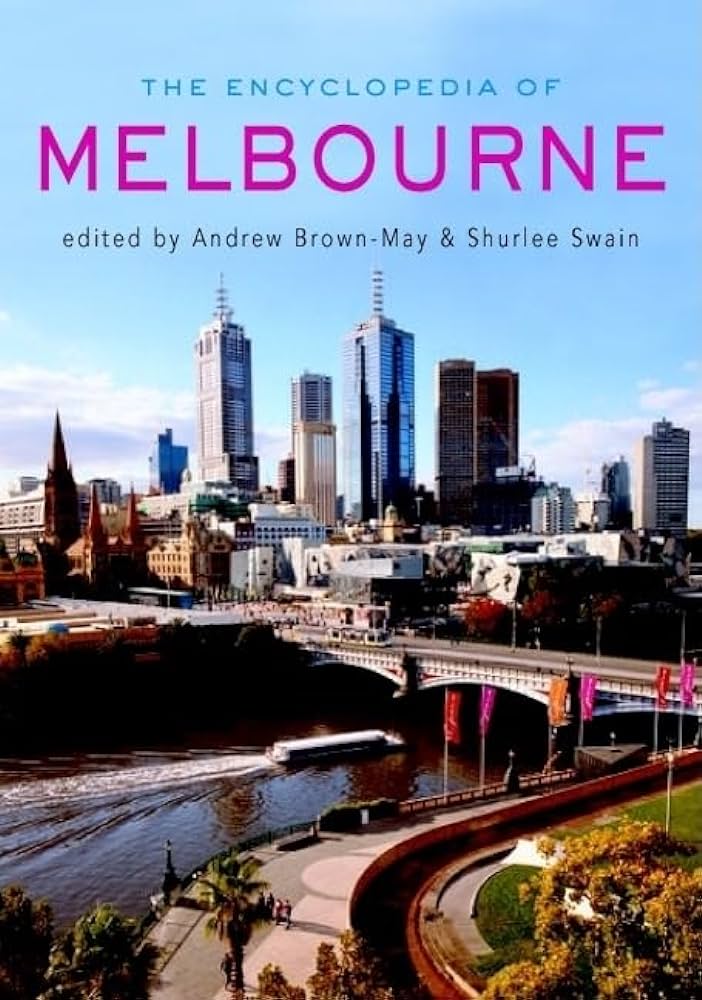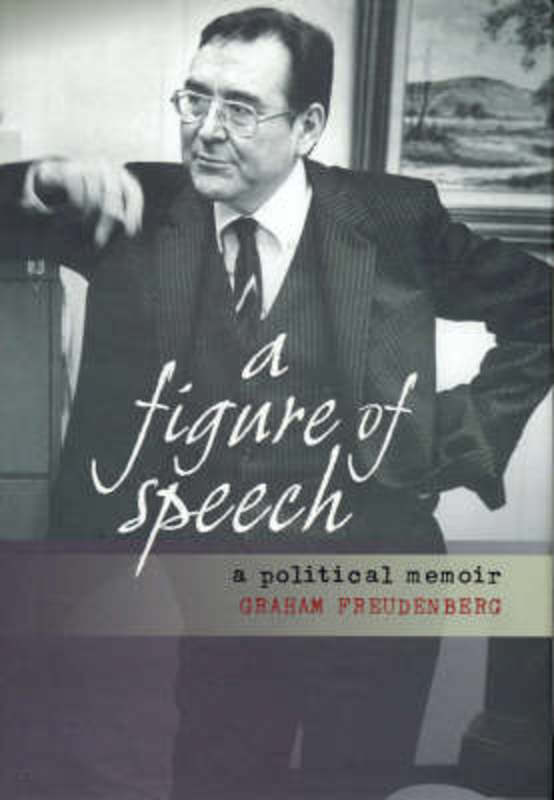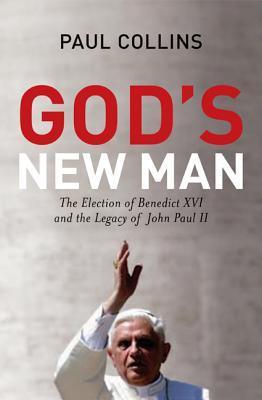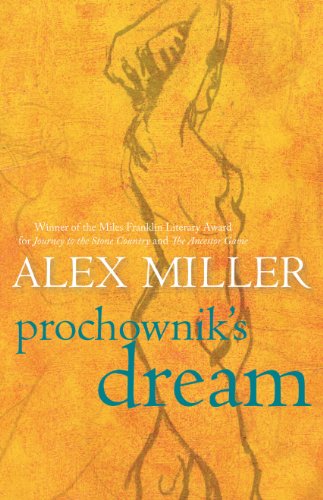Archive
Film | Theatre | Art | Opera | Music | Television | Festivals
Welcome to ABR Arts, home to some of Australia's best arts journalism. We review film, theatre, opera, music, television, art exhibitions – and more. To read ABR Arts articles in full, subscribe to ABR or take out an ABR Arts subscription. Both packages give full access to our arts reviews the moment they are published online and to our extensive arts archive.
Meanwhile, the ABR Arts e-newsletter, published every second Tuesday, will keep you up-to-date as to our recent arts reviews.
Recent reviews
Encyclopedia of Melbourne edited by Andrew Brown-May and Shurlee Swain
A Figure of Speech: A political memoir by Graham Freudenberg
Crackpots, Ratbags and Rebels by Robert Holden & Up Close by Peter Wilmoth
God’s New Man: The election of Benedict XVI and the legacy of John Paul II by Paul Collins
Here are five reasons why there is a literacy crisis in Australia. It is not about teacher-training; it’s about appallingly conservative publishing choices and the positioning of ‘reading’ as something that needs to be slipped under the radar of children’s attention, rather than celebrating it as one of life’s biggest adventures. What these novels share is a commitment to sport as a structuring narrative principle. Australian Rules, rugby union, netball, athletics, soccer: the sports and titles change, but the overall arc remains the same. In this respect, these books feel market-driven: generic responses to some global marketing division called ‘encouraging reluctant readers’. While this enterprise is not unworthy, the assumption that children who are not reading will be automatically attracted to novels about organised sport seems dubious.
... (read more)Neal Blewett reviews 'Losing It' by Annabel Crabb, 'Loner: Inside a Labor tragedy' by Bernard Lagan, and 'The Latham Diaries' by Mark Latham
Although you might not guess it from media comment, The Latham Diaries (MUP, $39.95 hb, 429 pp, 0522852157) is the most important book yet published on Labor’s wilderness years. It provides a pungent characterisation of Labor’s post-1996 history; conveys a profound understanding of the challenges facing a social democratic party in contemporary Australia ...
... (read more)The Tyrannicide Brief: The story of the man who sent Charles I to the scaffold by Geoffrey Robertson
Come – no grazed knee, no tears, no –
no fear of darkness in the singing wood.
Hear the threnody written on the wind:
a lament not for lostness, no, but for the slow
path homewards, the pebbles which guide us:
... (read more)The time’s come round again, blind pomegranates shine
In their dark bins like tawny Tuscan wine.
... (read more)





